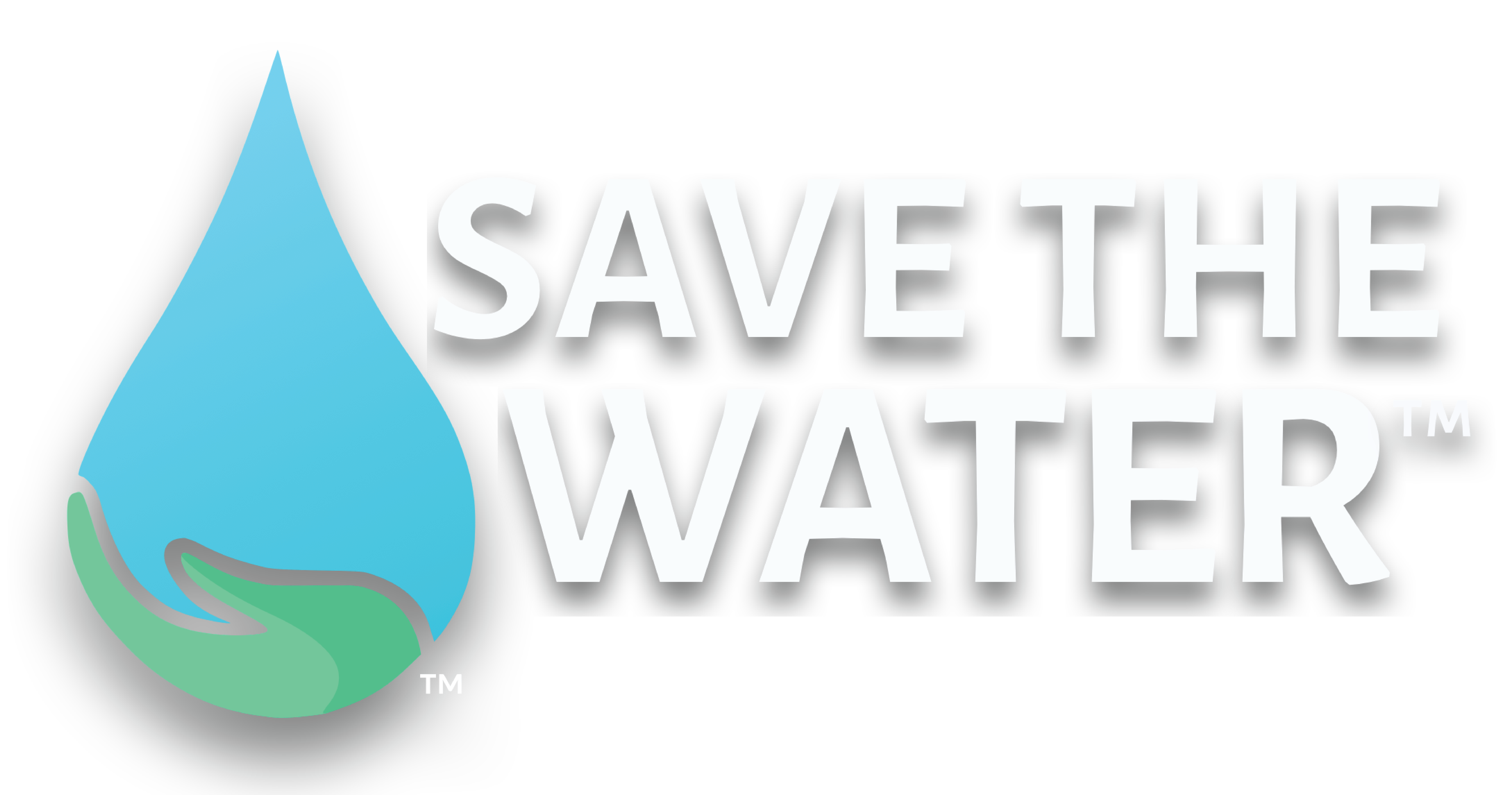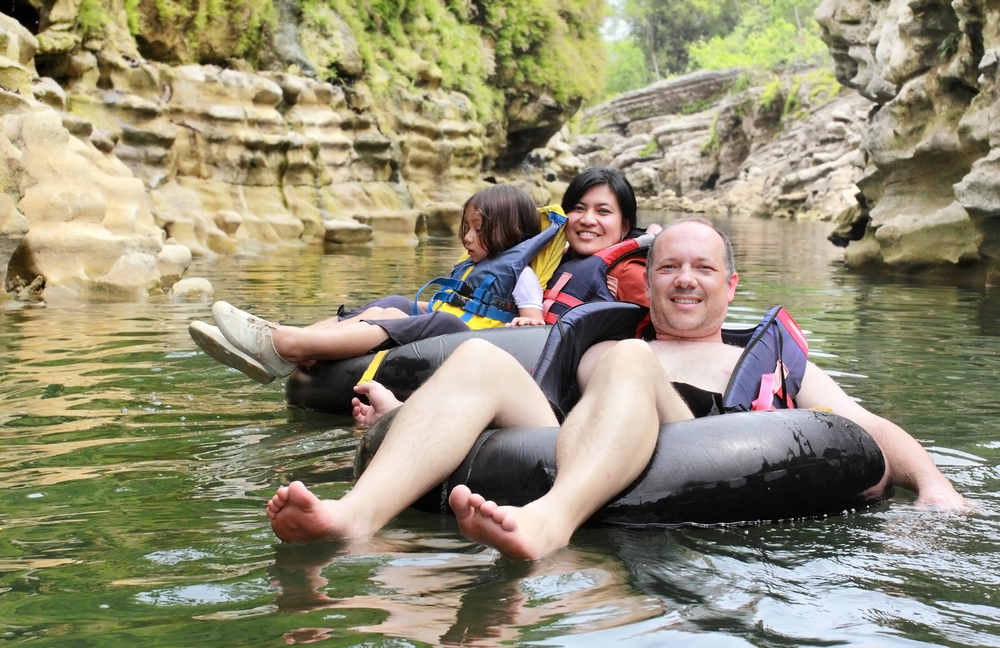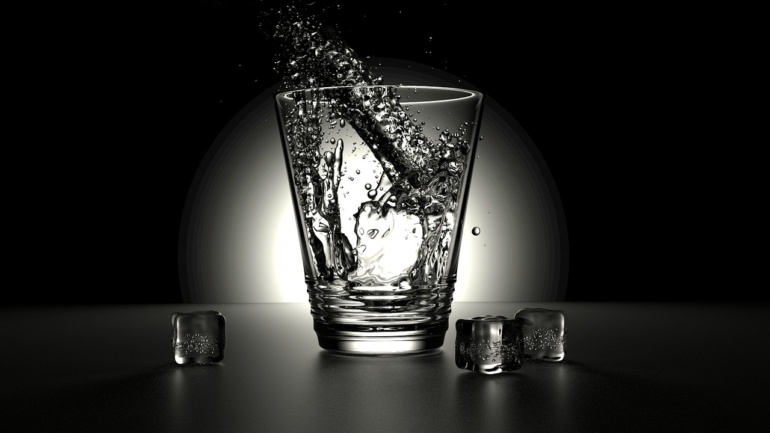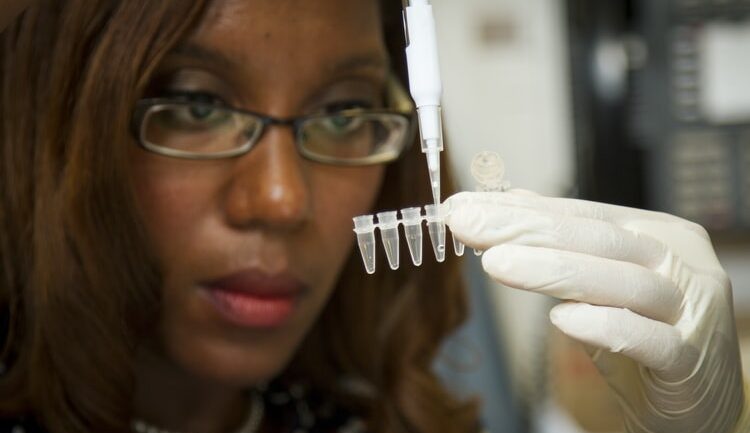By Caroline Majewski, Publishing Associate: Researcher and Writer at Save the Water™ | November 9, 2024
Edited by Tenzin Saldon, Publishing Project Leader at Save the Water™
Holiday Time Means More Impact
How recreation affects waterways is a topic worth further consideration given the detrimental impact of human activities on water supply and quality. Holidays and leisure time often draw large crowds to nearby bodies of water such as rivers, streams, and lakes. This increase in activities can put additional stress on the waterways. New research from Johns Hopkins University states that people are “temporarily introducing chemicals and microscopic organisms into their local waterways.”
What Could Be Found in Waterways
In 2022, researchers tested water downstream and upstream of Clear Creek in Golden City, Colorado, after a summer holiday weekend. Downstream they found many chemicals and components including, but not limited to:
- Lidocaine
- Acetaminophen
- Household cleaning supplies
- Personal and pet care
- Sunscreens
- Human gut microbes
There were significant shifts in the microbiome after the weekend. The time of recreation caused these additional chemicals and compounds to be present in the waterways they tested.
They tested again after two days, and the water returned to its initial condition. However, the water flows downstream which can affect other areas. Moreover, in places with more human interactions, bigger impacts might be made. Noor Hamdan, first author and graduate student who worked in lead author Carsten Presse’s lab, said, “Flowing water continues to transport the compounds further downstream and that could impact plants and animals along the way.”
Sunscreens, Fireworks, and Other Contaminants
Sunscreens can be a cause for concern with high traffic because it can wash off into the water and affect the aquatic environment. They have an active ingredient known as ultraviolet filters or agents. These agents are not stable in water and create by-products when mixed with water. In 2022, Chatzigianni, et al. identified potential toxicities with those by-products that could show a wide range of impacts on the environment and its inhabitants. These can accumulate in water, plants, and animals.
Fireworks, a common sighting at events and holidays throughout the year, also raise concerns. The Environmental Protection Agency (EPA) is researching how fireworks affect the levels of perchlorate in waterways and groundwater. Perchlorate is a pollutant that can occur both naturally or man-made in water and soil. In the United States, most of it is produced as an oxidizer for missiles and rockets. The EPA awarded Texas Tech University to look at the effects of perchlorate levels. They will look at drinking water sources and groundwater across the US after July Fourth events. Fireworks also produce plastic and other debris that can contaminate water as well. A study found that after New Year’s festivities, microplastics found in the River Thames increased by 1000%.
Decomposition Rates of Waterways
Another aspect of this situation is that the heavy recreation in waterways may change how rivers are able to function. More wear and tear increases the decomposition rates of the waterways. Consequently, the change in decomposition rates affects the global carbon cycle. The carbon cycle works in a set of steps.
- Leaves and organic materials fall into the river.
- Bacteria colonize the leaves.
- Insects eat the bacteria.
- Insects use the carbon in the leaves to procreate.
- Insects become fish food.
With the change in decomposition rate, food can disappear at a quicker rate so animals can’t use it like they used to. For example, there might be less time for bacteria to colonize leaves in water. If this happens, then insects that eat the bacteria in the leaves won’t be as populous for fish food are at risk.
Around the Globe
In India, everyday life and cultural practices involve the waterways located in the regions. Funeral pyres, washing of the dead, ceremonial bathing, and blessings occur in and around rivers, ponds, and lakes. Not only do millions of people rely on India’s river basins, but they also support 18 percent of the world’s population of plants and aquatic animals.
The famous Ganges River provides water to about 600 million people, but it also plays an important role in religious prayer and ceremonies. This importance leads to continued use and pollution of the river. More than 37 million people are affected by waterborne illnesses every year.
This summer in France, the Seine River became a hot topic of conversation with the 2024 Olympics taking place in Paris. The river’s sanitation level for some of the aquatic tournaments raised public concerns, which in turn shed some light into how a tourist hotspot and an important water supply of the city has been managed throughout history.
Pollution in Freshwater Ecosystems
In about half the world’s countries, one or more freshwater ecosystems are degraded. Each of these sources of water is its own ecosystem and is important.
- Rivers
- Lakes
- Aquifers
These effects are from land use, such as agriculture, urban and transport run-off, sewage, and landfills. The flow and amount of water have typically decreased or become more polluted, including algal blooms.
Forward
All these factors contribute to this growing problem facing our freshwater systems. While the majority of pressure comes from larger issues like improper waste management from large corporations and systemic issues in government regulations, we should be mindful of our individual impact when we are in nature.
Our actions have consequences and it’s important to do what we can to negate any negative reactions when we’re in a water system. Be aware of harmful chemicals you introduce and your impact during recreational activities. Some other actions you can take are to pick up your trash, use sunscreens that won’t harm wildlife, make sure boats are clean to prevent cross-contamination from other sources of water, and, if grilling, use electric or natural gas and limit lighter fluids which have petrochemicals in them.




